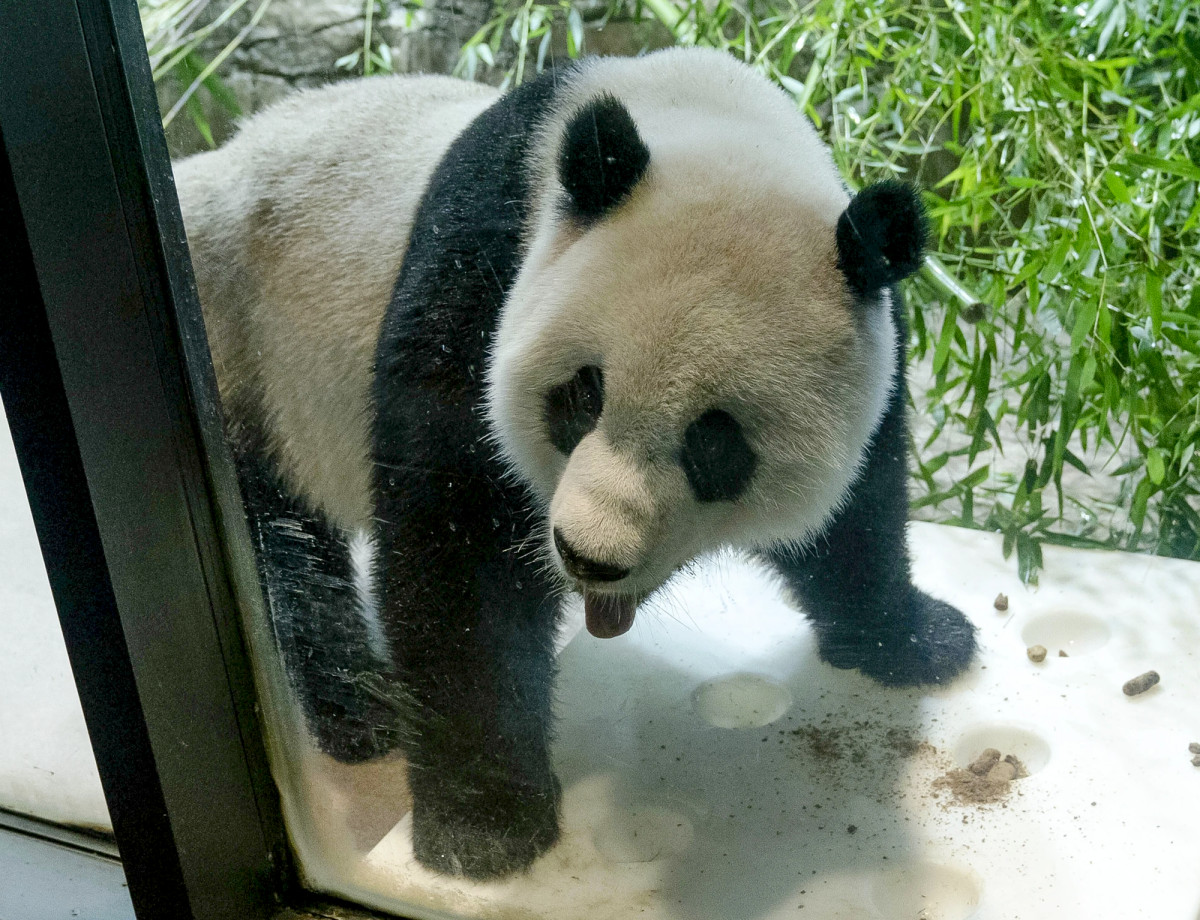In a historic move, three giant pandas bid farewell to their home at the Smithsonian National Zoo in Washington, D.C., as they embarked on a journey back to China. The departure of Tian Tian, Mei Xiang, and their youngest cub, Xiao Qi Ji, signifies the end of a more than 50-year tradition of housing Chinese pandas at the renowned zoo.
The black and white bears were carefully transported from the zoo in crates and loaded onto a FedEx aircraft at Dulles International Airport. The event marks a significant shift in what has been termed “panda diplomacy,” a practice that began in 1972 following President Richard Nixon’s groundbreaking visit to China. According to the Smithsonian National Zoo’s website, the pioneering institution in showcasing pandas in the U.S., it refers to this development as a “hiatus” in their decades-long panda program. However, the fate of the program is uncertain, with Chinese officials yet to confirm whether it will continue amid the ever-changing dynamics between the two global powers.
This departure leaves Zoo Atlanta as the sole remaining U.S. zoo featuring pandas from China, but even its future is uncertain, with contracts for its four bears set to expire next year. China acknowledges the geopolitical significance of pandas, using them strategically in places where it aims to strengthen diplomatic ties. The U.S. panda program has not been without challenges, including a decline in panda numbers coinciding with worsening U.S.-China relations. Earlier this year, allegations of panda mistreatment at the Memphis Zoo stirred controversy.
With the symbolic end of the giant panda era at the National Zoo, questions linger about the future of panda diplomacy in the U.S. The dwindling number of pandas in zoos here, coupled with diplomatic shifts between the two nations, leaves the once-popular program in a state of uncertainty.









